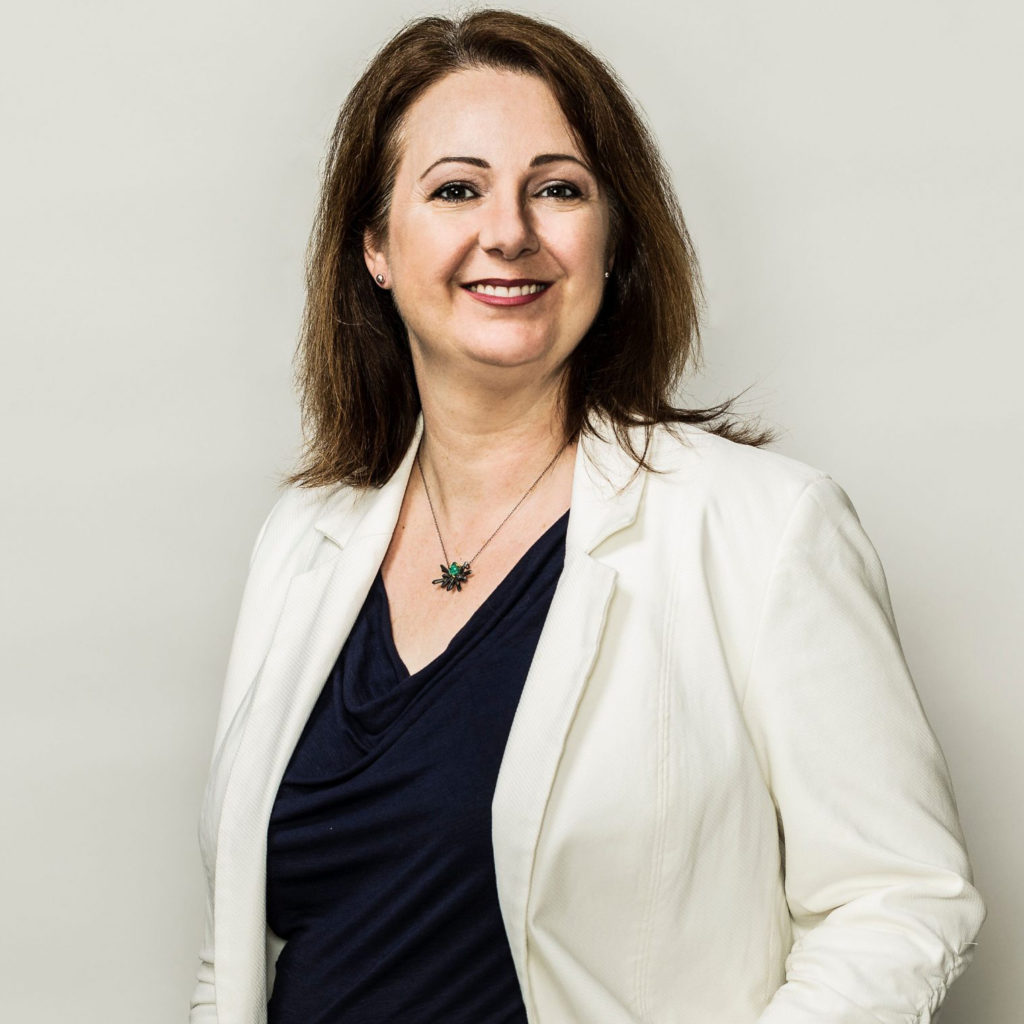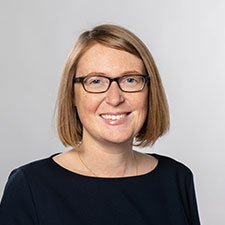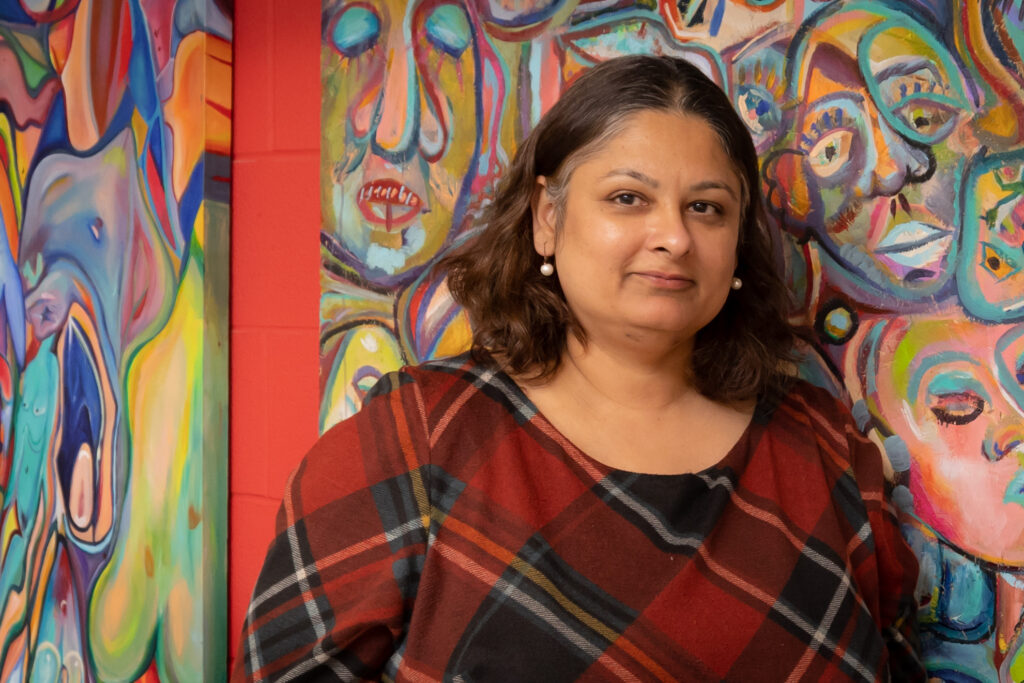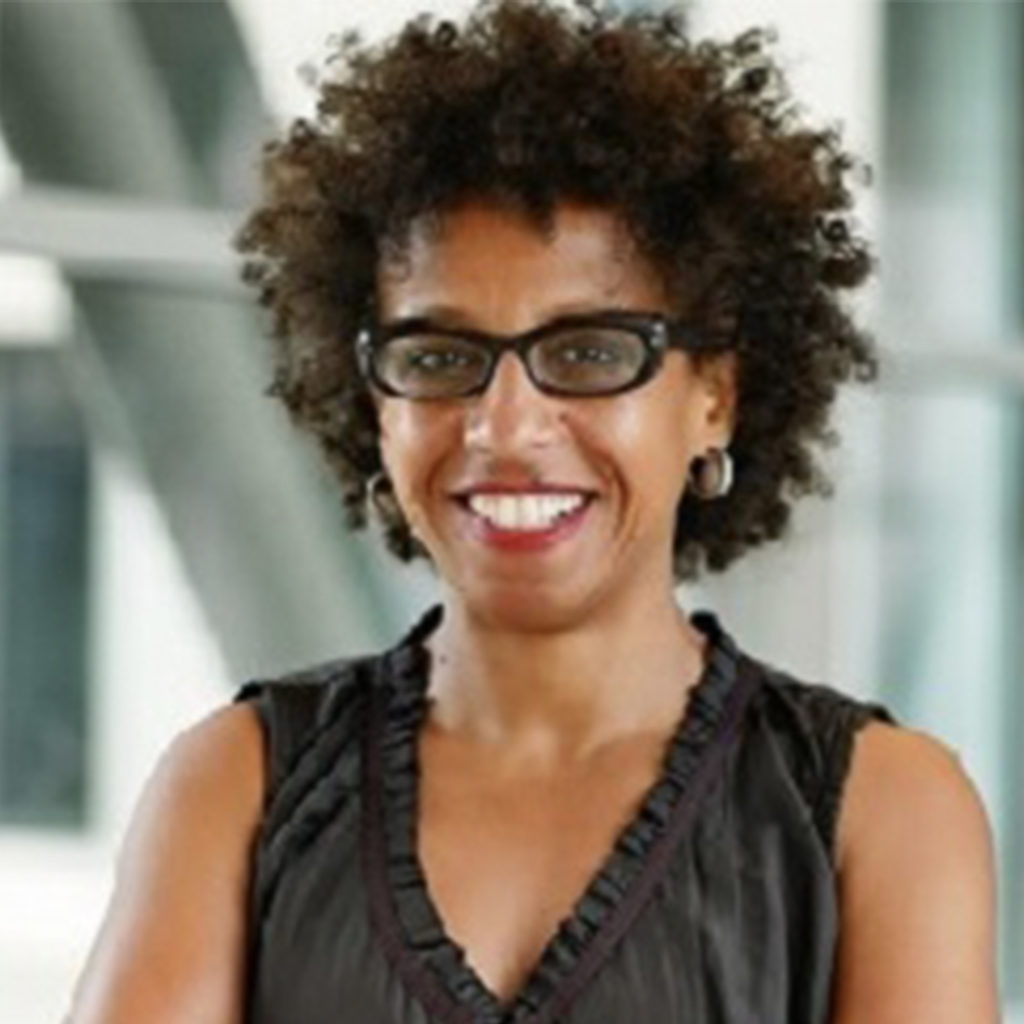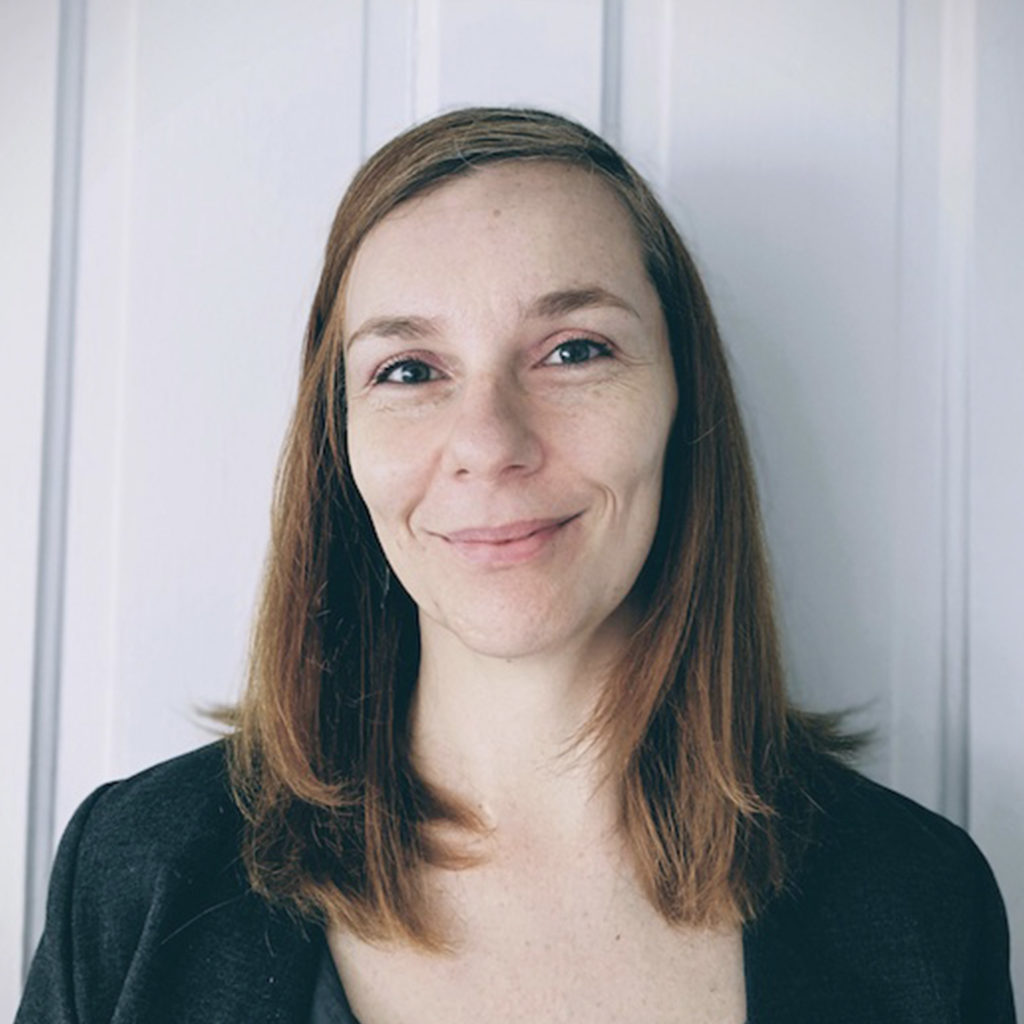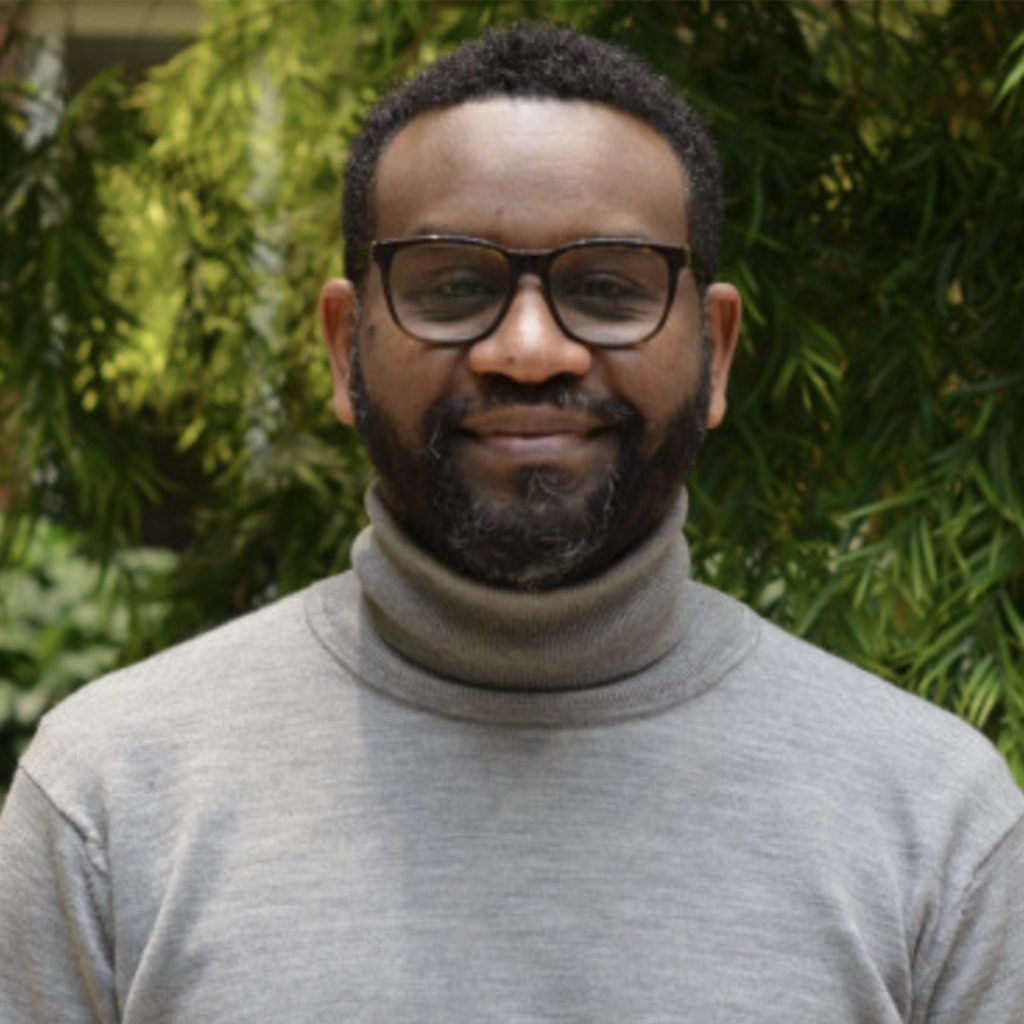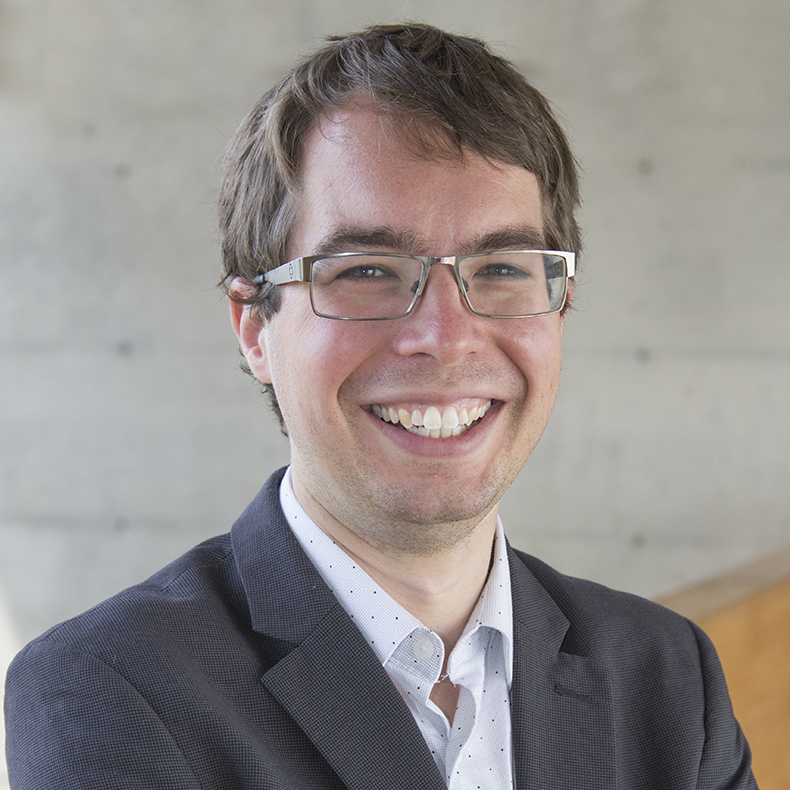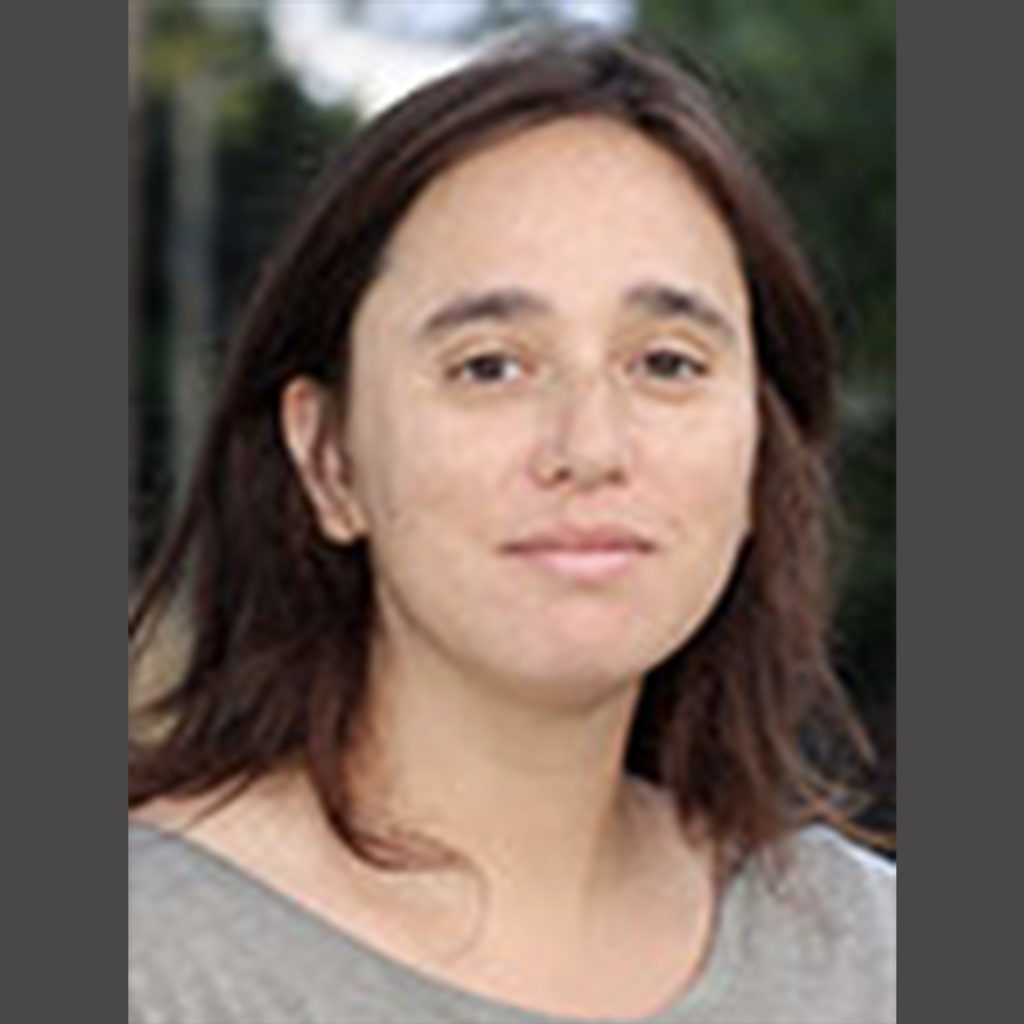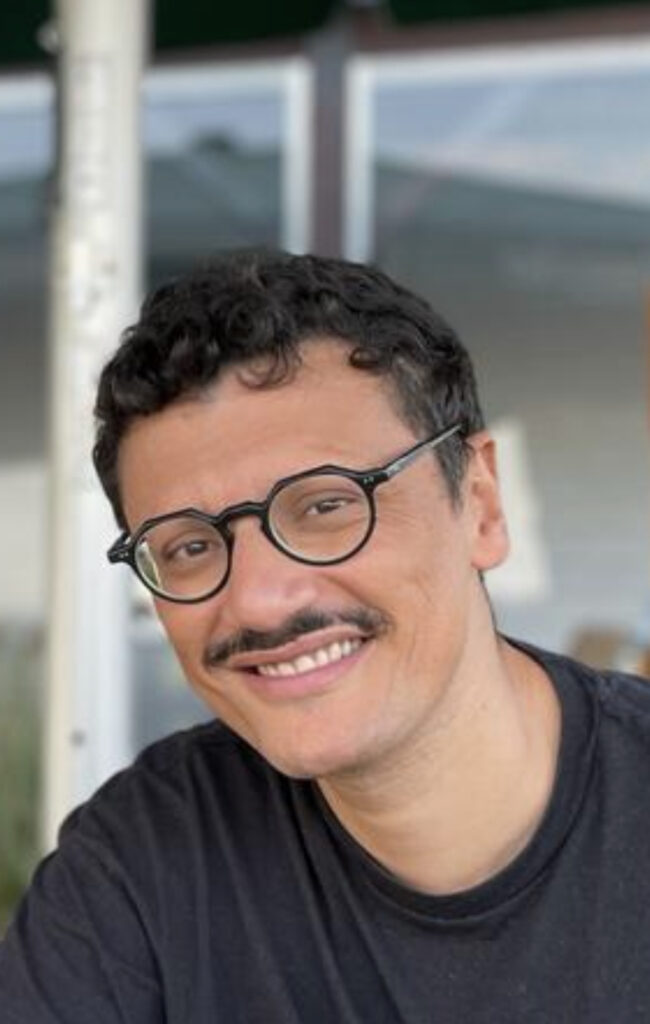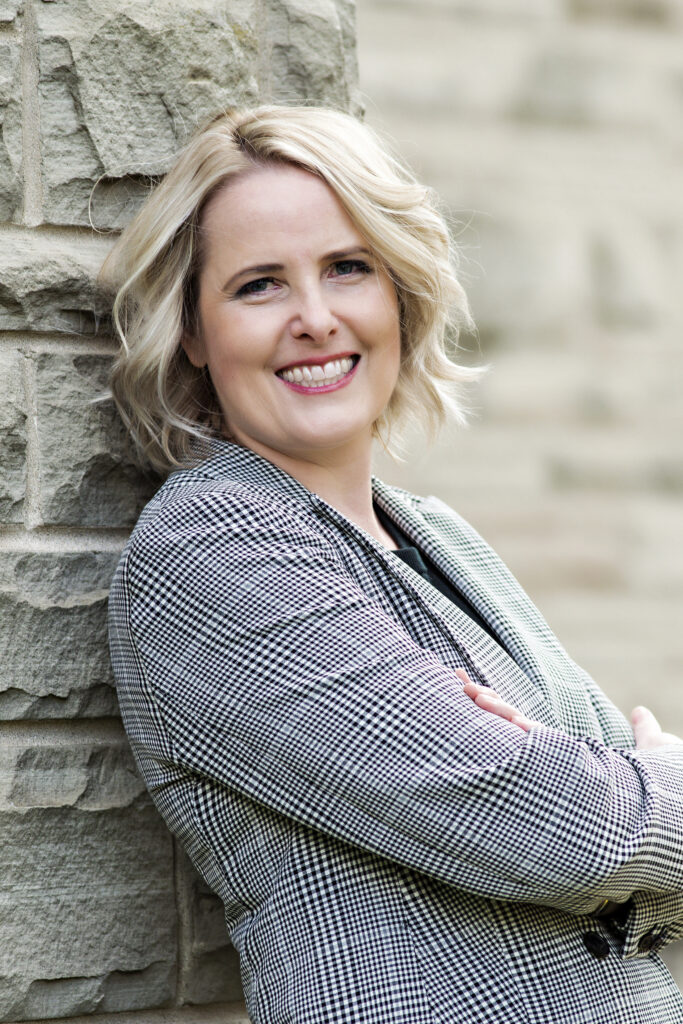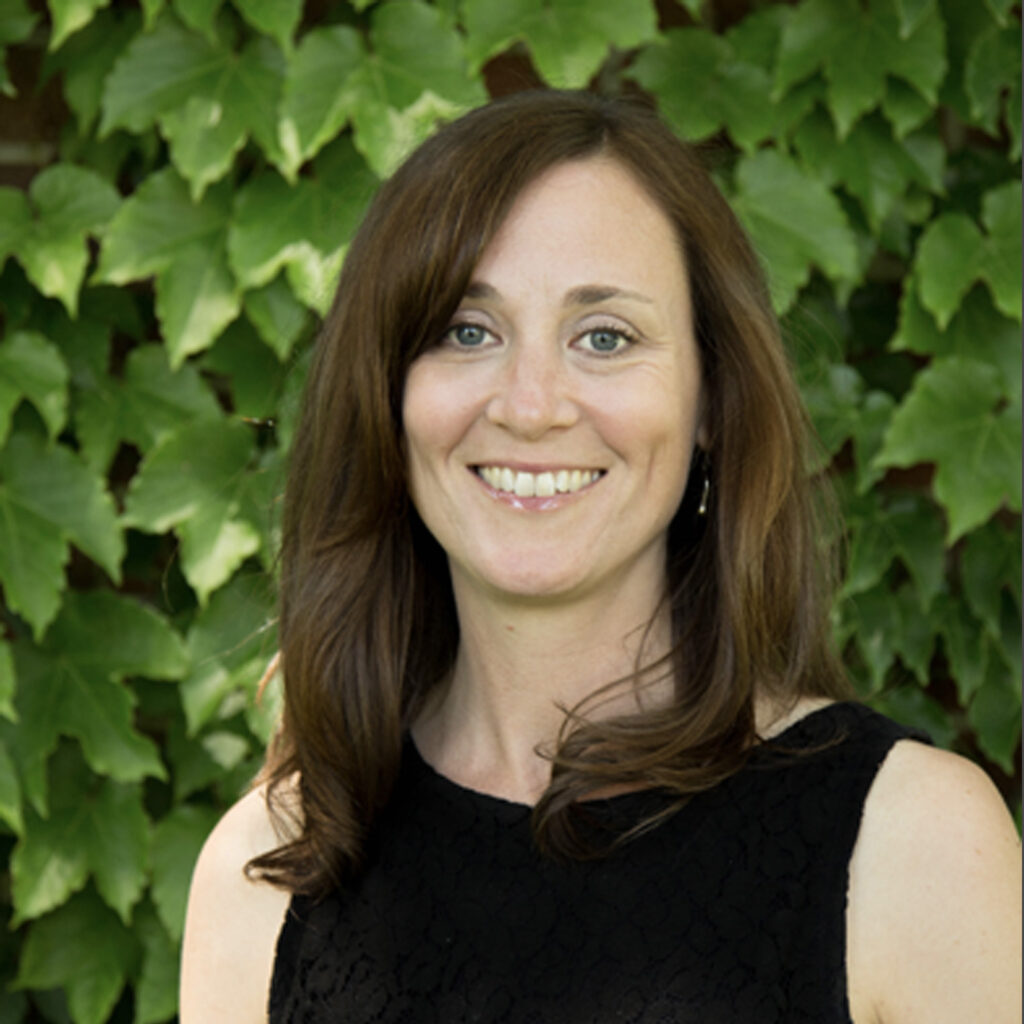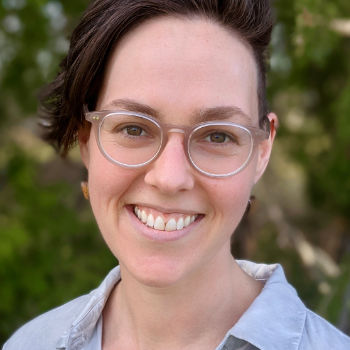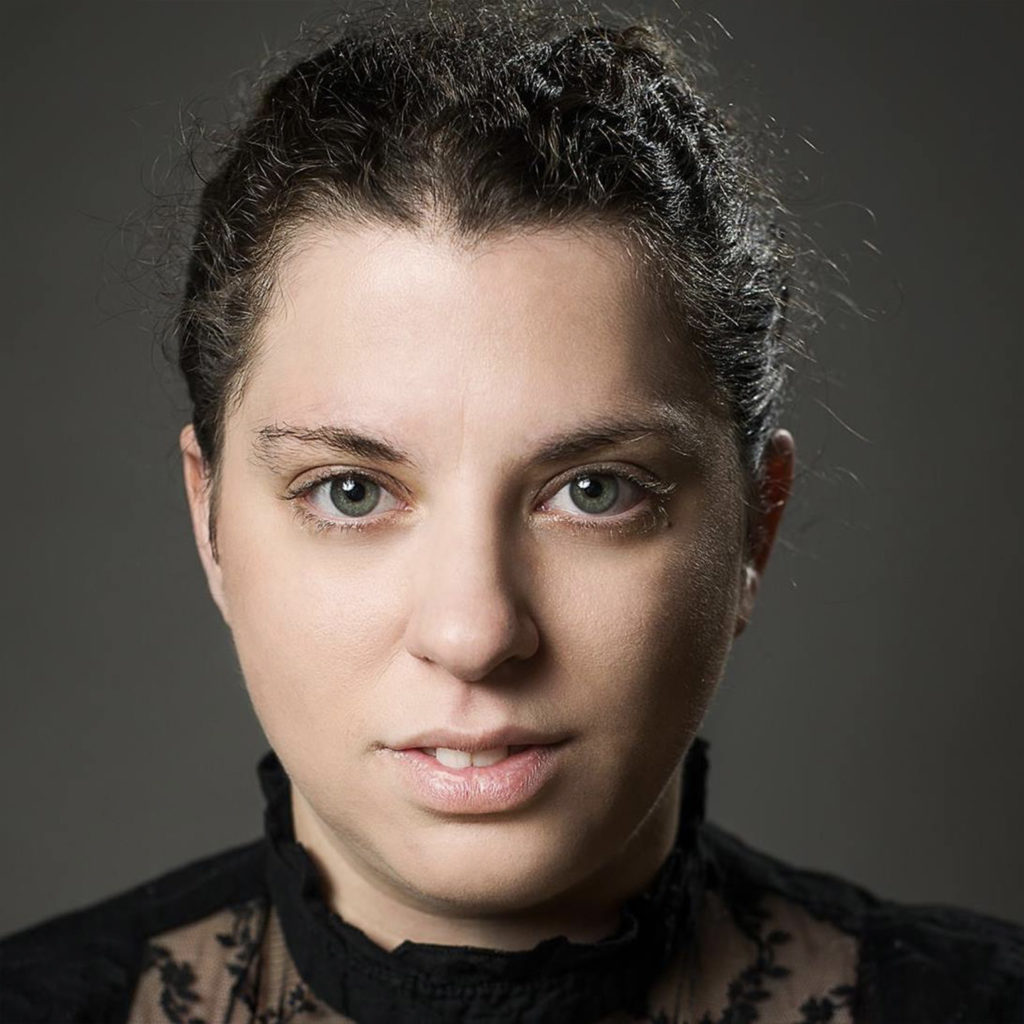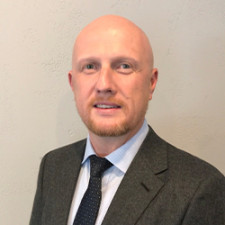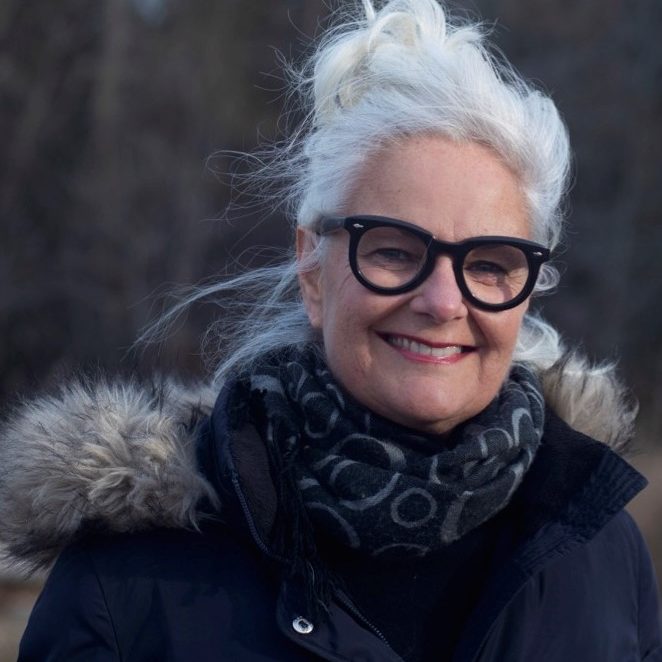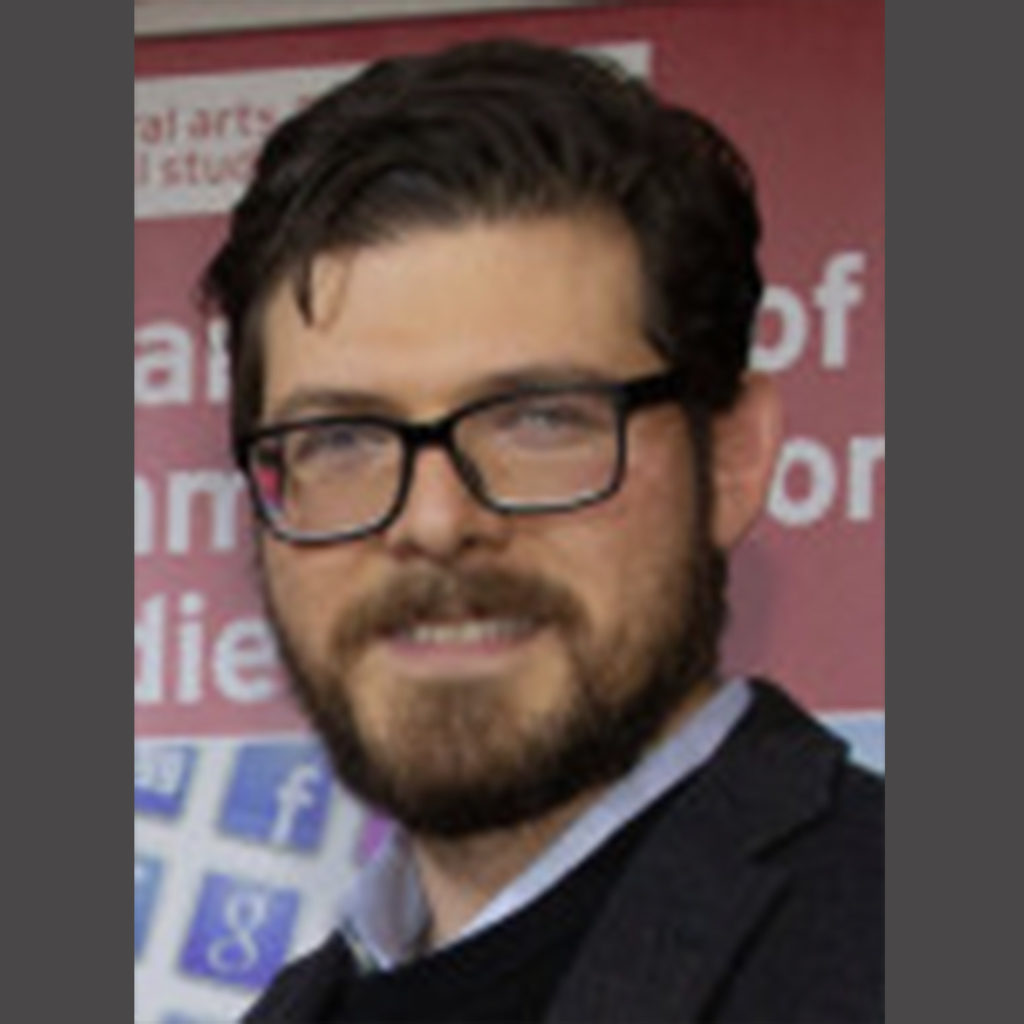There is an enormous amount of interest in the implications of emerging technoscience, whether it is algorithmic systems, biotechnologies, low-carbon technologies, or environmental services. Technoscience is not neutral, and this Thematic Cluster will focus on the social inequities that come with new technoscience and ways to resolve these injustices.
Thematic Cluster Lead: Professor Melanie Baljko
Dr. Melanie Baljko is an Associate Professor in the Department of Electrical Engineering and Computer Science in Lassonde School of Engineering at York University. She is the director of Practices in Enabling Technologies (PiET) Lab. Her research interest includes human-centered Dr Melanie Baljko is the director of the Practices in Enabling Technologies (PiET) lab at York University, where she directs a transdisciplinary program of research to create and mobilize knowledge about the creation, development, and consequences of digital media/technology in its social contexts, with a particular focus on the diversity of bodies and minds and the just exercise of power. Her projects employ hybrid research-design approaches, including Research through Design (RtD), co-design, and software and interactive device design. She is a member of the graduate program in Science and Technology Studies, with a primary appointment as associate professor in the Department of Electrical Engineering and Computer Science at York University, and graduate appointments in Digital Media and Critical Disability Studies.
Members:
Dr. Sarah Blacker is a Sessional Assistant Professor in the Department of Social Science at York University. Her current book project, Warding off Disease: Racialization and Health in Settler Colonial Canada, investigates the relationship between biomedical pronouncements on race and their social repercussions, including ongoing colonial and systemic racist practices.
Dr. Shital Desai is an Assistant Professor in the School of Arts, Media, Performance & Design. She heads the CFI-funded Social and Technological Systems (SaTS) lab and is York Research Chair in Accessible Interaction Design. Her research and design practice focuses on the UN Sustainable Development Goals of Good Health and Wellbeing, Sustainable Cities and Communities, and Partnerships using design research methods, human-centred design and systems design approaches. Her research and design practice addresses focuses design research methods, human-centred design and systems design approaches. She codesigns accessible technologies, services, and governance policies for healthcare and global health, especially focusing on the experiences and needs of marginalized populations such as older adults, children and people with disabilities.
Dr. Mahtot Gebresselassie is an Assistant Professor at Environmental and Urban Change (EUC). Her research interest focuses on smart mobility and equitable transportation for people with disabilities and low-income earners.
Dr. Alison Harvey is an Associate Professor and Coordinator of the Communications Program at Glendon College, York University. Her research and teaching focuses on issues of inclusivity and accessibility in digital culture, with an emphasis on gender and labour in digital games. She is the author of Gender, Age, and Digital Games in the Domestic Context (2015, Routledge) and Feminist Media Studies (2019, Polity).
Associate Member
Dr. Hassan is an Assistant Professor in the Gerald R. Ford School of Public Policy, University of Michigan, USA. Previously, he was Illinois Distinguished Postdoctoral Fellow and Research Associate in the School of Information Sciences at the University of Illinois Urbana-Champaign, USA, and a research fellow at the Harvard Kennedy School, Harvard University, USA. His research examines the relationship between race, digital technology, and technoscientific capitalism. Dr. Hassan’s work is at the intersection of social and racial justice, and technology policy focusing on the social, economic, and political implications of emerging technologies including artificial intelligence (AI) and data. His most recent project investigates the sociotechnical knowledge production practices of the state, scientists, and the tech industry focusing on the development of AI and its innovation ecosystem across multiple African countries.
Dr. Eric Kennedy is an Associate Professor of Disaster & Emergency Management at York University, where he teaches on and researches issues related to emergency planning, preparedness, and response. He also serves as Associate Director of York University’s newly-launched Emergency Mitigation, Engagement, Response, and Governance Institute (Y-EMERGE). Dr. Kennedy’s work focuses on decision-making, science advice, policy/governance, and knowledge production in disaster and emergency contexts. He holds a PhD in the Human & Social Dimensions of Science & Technology from Arizona State University, where his dissertation examined the use of science, evidence, and data in the context of wildfire management in Canada. Throughout the COVID-19 pandemic, Dr. Kennedy was principal investigator on a longitudinal project monitoring Canadian attitudes, experiences and adaptations, as well as led an international working group on survey research methodologies in the pandemic context. His ongoing research explores issues related to expert judgement and knowledge synthesis in the context of emergency response.
Dr. Ganaele M. Langlois is an Associate Professor in Communication and Media Studies at York University. Ganaele's areas of research include digital technocultures, philosophy of technology, critical theory, and digital methods.
Dr. Merouan Mekouar is Associate Professor in the Department of Social Science at York University, Canada. His research examines political and cultural change in North African and Middle Eastern societies, including the adoption of new authoritarian tools after the 2011 Arab Uprisings. His forthcoming Oxford University Press book addresses native scholars' challenges conducting research in repressive and illiberal countries. Dr. Mekouar is also working on an upcoming co-edited volume on utopian responses to datafication and surveillance.
Dr. Mary Ott is an Assistant Professor in the Faculty of Education at York University. Drawing on sociomaterial, posthuman, and complexity orientations, she explores the agency of space, time, and materials in curriculum design and pedagogy. A current focus is on understanding the unintended consequences of technology in teaching and learning. Mary completed her PhD in curriculum studies at Western University with a focus on multiliteracies, and postdoctoral work in health sciences education in the Schulich School of Medicine & Dentistry, Western University. She also holds an appointment as a centre researcher in the Centre for Education Research & Innovation at Western.
Graduate Member
Katelyn Wan Fei Ma is a PhD candidate researching cybercrime in the Graduate Program of Science and Technology Studies at York University, and a contract teaching faculty member at Wilfrid Laurier University where she teaches topical courses related to cybercriminology. Katelyn also works for TD Bank’s North American Fraud Operations as a Manager of Strategic Initiatives, working primarily as a lead in corporate strategic planning and transformational initiatives.
Visit her website for more academic and professional experiences: https://www.katelynwanfeima.com/

Graduate Member
Nicholas Palombo is a Political Science PhD candidate at York University whose interdisciplinary research focuses on the intersection of platform governance, content moderation, and body politics. His work explores how social media platforms shape public discourse, political agency, and identity, with a particular focus on how they regulate content and police marginalized bodies. Nicholas's research contributes to understanding the complexities of digital spaces and their impact on democracy, free speech, and social justice.
Dr. Joanna Robinson is Associate Professor in the Department of Sociology and the School of Public and International Affairs, Glendon Campus. Her research and teaching interests are in the areas of social movements, climate change, labour and inequality, environmental and social justice. She has published books, journal articles and book chapters on social movements, climate change, environmental politics and labour, including the recently published Routledge Handbook on the Green New Deal. Her work was recognized by the Glendon Principal’s Award for Research.
Dr. Sarah Rotz is an Assistant Professor in the Faculty of Environmental and Urban Change (FEUC). Her research focuses on land, food and environmental systems and justice, and situates political economic processes – such as agri-food industrialization, financialization, and technology – within a lens of settler colonial patriarchy and racial capitalism.
Yifat Shaik is an Assistant Professor in Computational Arts at York University and an indie game developer whose focus is on creating personal autobiographical work and the use of systems, data, and game mechanics in social interaction and political activism.
Dr. sava saheli singh (she/her) is an Assistant Professor of Digital Futures with the Faculty of Education, York University. As an interdisciplinary scholar and filmmaker working at the nexus of education, technology, surveillance, speculative futures, and intersectional marginality, sava has a strong commitment to community-based public scholarship and critical digital literacy. She co-produced the award-winning Screening Surveillance series of four short films, a public education and knowledge translation project that calls attention to the potential human consequences of big data surveillance.
Called to the bar of Ontario in 2009, Dr. Ian Stedman's research program is focused both on the law of public sector ethics and accountability and also on bringing that literature to bear on the governance of those technologies that are driving our healthcare systems toward greater personalization.
Dr. Kate Tilleczek is a Professor who holds the Tier 1 Canada Research Chair in Youth, Education & Global Good in the Faculty of Education at York University. She is an educator, founder (in 2009), and Director of the Young Lives Research Laboratory which employs global, intercultural and interdisciplinary approaches to collaborative research with and for young people and their communities. Professor Tilleczek’s research garners new understanding about the wellbeing of young people and how we might re-design quality education and whole-of-society supports with/by them.
Dr. Özgün E. Topak is an Associate Professor at the Department of Social Science at York University. He is an Associate Editor of Surveillance & Society, and an Executive Committee Member & Resident Scholar at York's Centre for Refugee Studies (CRS). Dr. Topak is an interdisciplinary social scientist interested in topics of surveillance technology, migration, authoritarianism, social theory and human rights.

